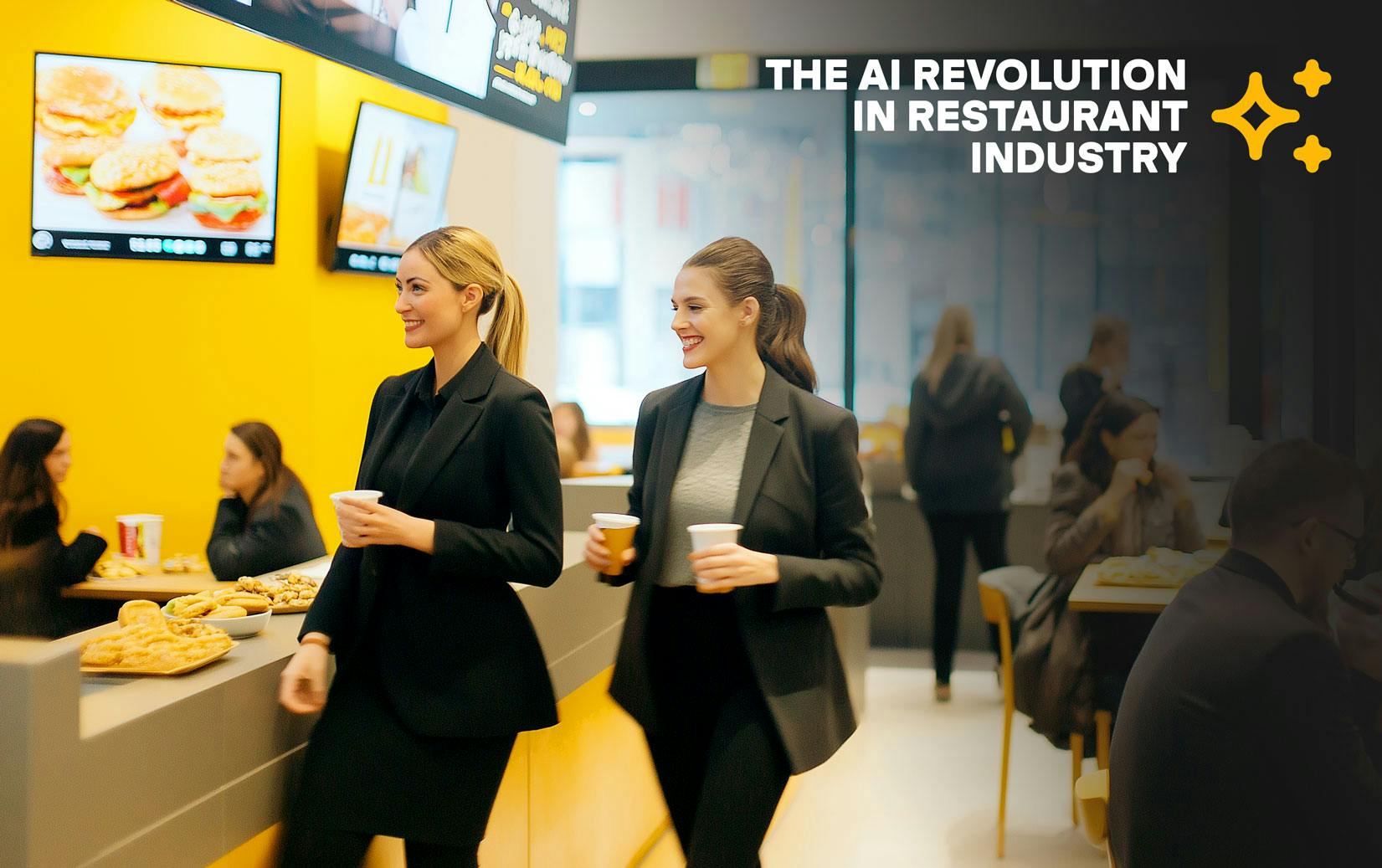AI & The Omnichannel Revolution: Why Restaurant Leaders Can’t Afford to Wait

Understanding the Omnichannel Imperative
Personalized interactions across multiple channels are a must nowadays, including dine-in, mobile apps, delivery services, drive-thru, and self-order kiosks. As dining trends shift increasingly toward off-premise experiences, projected to reach 60% by 2025, embracing omnichannel strategies has become essential for restaurant operators.
Why Omnichannel Matters: Key Drivers
Digital-first Customer Expectations: Consumers anticipate the same ease of ordering and consistency of experience across all platforms.
Rise of Delivery Platforms: The growing popularity of services like Uber Eats, DoorDash, and Deliveroo drives increased customer demand for convenience and immediacy.
Data-Driven Personalization: Customers now expect highly personalized offers and recommendations, a feature only made possible at scale through AI.
AI’s Role in Omnichannel Integration
Unified Order Management: AI solutions like Deliverect streamline order flows from diverse platforms directly into restaurant point-of-sale (POS) systems, self-ordering kiosks, and kitchen systems, dramatically reducing manual errors and operational complexity.
Enhanced Personalization: AI analyzes extensive customer data, including previous orders, preferences, and contextual factors such as weather, to deliver personalized menu recommendations and targeted marketing, thereby enhancing customer satisfaction and loyalty.
Case Studies and Real-World Success
Real-world applications demonstrate the transformative impact of AI in enhancing restaurant operations and customer experiences. Leading global brands have successfully leveraged AI solutions to tackle operational challenges, improve efficiency, and drive revenue growth. The following case studies highlight how adopting AI-driven technologies can yield tangible, measurable results:
Burger King UK: Leveraged Deliverect's integration capabilities, significantly reducing downtime and improving order accuracy across multiple channels, directly impacting customer satisfaction and revenue growth.
Starbucks: Used AI-driven loyalty platforms to deliver personalized offers, resulting in notable increases in customer retention and active engagement.
Strategic Steps for Restaurant Leaders
To thrive in this omnichannel era, restaurant operators must:
Conduct comprehensive audits of current technological capabilities, identifying both strengths and areas needing improvement, and create clear roadmaps for future technology investments.
Invest in advanced AI-enabled platforms that seamlessly unify various ordering channels, automate complex workflows, enhance personalization capabilities, and significantly streamline operations.
Consistently prioritize and measure customer experience across all digital and physical touchpoints, ensuring brand reliability and customer satisfaction.
Continuously monitor market trends and competitive benchmarks, swiftly adapting strategies to maintain relevance and meet evolving consumer expectations.
Provide ongoing training and resources for staff, ensuring they can effectively leverage new technologies to enhance operational efficiency and guest satisfaction.
Closing Thoughts
Adopting AI-driven omnichannel strategies has become essential rather than optional. Restaurant leaders who act promptly will be better prepared to adapt, compete, and thrive in a rapidly changing market. Curious about the practical application of these strategies? Read the following article in our series: Streamlining Operations: How AI Transforms Order Management & Kitchen Workflows.